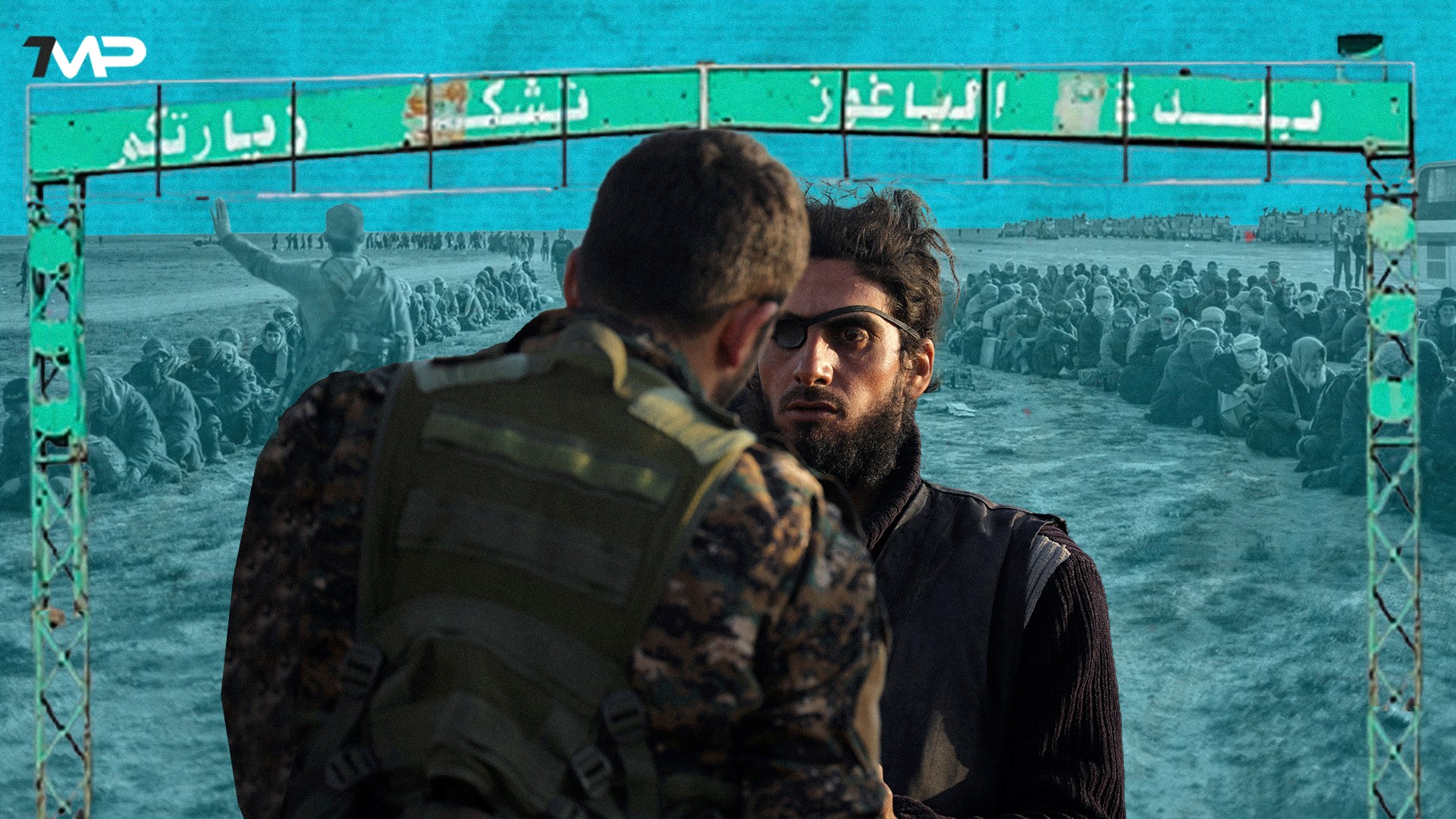
On March 23, 2019, after the Syrian Democratic Forces (SDF) eliminated the last established military groups of ISIS in the town of Baghouz in Northern and Eastern Syria, victory was declared over ISIS in the region. Thousands of fighters and civilians lost their lives in the war against the so-called caliphate. Italian fighter Lorenzo Orsetti (nom de guerre Tekoşer Pilîng) was among those who lost their lives in the last operation, which was the territorial defeat of ISIS. Hence, the elimination of the terrorist organization ISIS caused relief not only in the region but also in the whole world.
After the victory, the Autonomous Administration of North and East Syria (AANES) intensified the reconstruction of the region, while the SDF continued its operations against the cells of ISIS to prevent it from gathering power again. The SDF also bears the responsibility to monitor tens of thousands of imprisoned ISIS militants and their families living in the camps. However, these safety measures were interrupted many times due to the attacks of the Turkish state in the region, where the eradication of ISIS was given precedence. In November last year, eight SDF fighters guarding the al-Hol camp were killed in a Turkish drone strike. General Michael Kurilla, who visited the camps this month, evaluated the release of groups he called the ‘ISIS army’ among the detainees as a great threat to the world.
After the ISIS attack on the Sina prison aimed at a mass breakout in January 2022, the AANES raised an alarm that ISIS could revive and that international measures were essential. The administration of the al-Hol camp, which is considered the most dangerous refugee camp in the world, also warned the international community several times. The administration still calls on states to take responsibility for their nationals. Regional administrators also urge the fact that a new invasion of the Turkish state, which has been on the agenda for a long time, will destabilize the region and enable ISIS to reorganize in Syria.
Nonetheless, terrorist cells belonging to ISIS, which have carried out attacks not only in the Middle East but also in Europe, still emerge in various parts of the world. Increasing its attacks between 2014 and 2019, ISIS caused the death of many people in Germany, Belgium, France, Spain, the Netherlands, England, Sweden, and Finland. Even though the mass killings in Europe were halted after the victory over ISIS four years ago, ISIS’ efforts to reorganize still proceed. The UN Security Council’s 2023 report lays stress on the threat posed by ISIS, stating that “the terrorist organization continues to employ information and communication technologies to spread propaganda and that its use of such technologies has become more sophisticated and prolific”.
Another question surfacing in Europe is whether ISIS mercenaries seek asylum in European countries. A man suspected of having a leadership role in ISIS for years was arrested in the Netherlands in January this year. The suspect, who was arrested as a result of a tip-off, was granted a residence permit after his application in the Netherlands in 2019. A similar situation has occurred in Sweden. Furthermore, efforts to recruit new ISIS militants have not come to an end. In Germany this month, an 18-year-old man was arrested while trying to leave the country to join ISIS in Iraq.
The SDF released a statement on the occasion of the fourth anniversary of the triumph. It states that the forces have fought for the entire world, crowning the humanitarian mission with victory. The following words were included in the statement regarding the ongoing threats: “The terrorist organization continues to pose an imminent threat to our regions and the world, primarily through its network of terrorist cells. Its objective is to rebuild its crumbling organization, revive its aspirations, regain control over certain territories, and threaten the lives of the local population. Recent attacks launched by these cells on Al-Hol camp, the city of Raqqa, and the Sina prison in Heseke city underscore the continuing danger it poses.
Additionally, the families of detained members gathered in camps present a potential time bomb that could explode at any moment, as evidenced by last summer’s surge in killings and escape attempts. We believe that the establishment of an international tribunal in our regions and the submission of these elements to it can mitigate their danger and impact the activity of their cells both domestically and abroad.”
